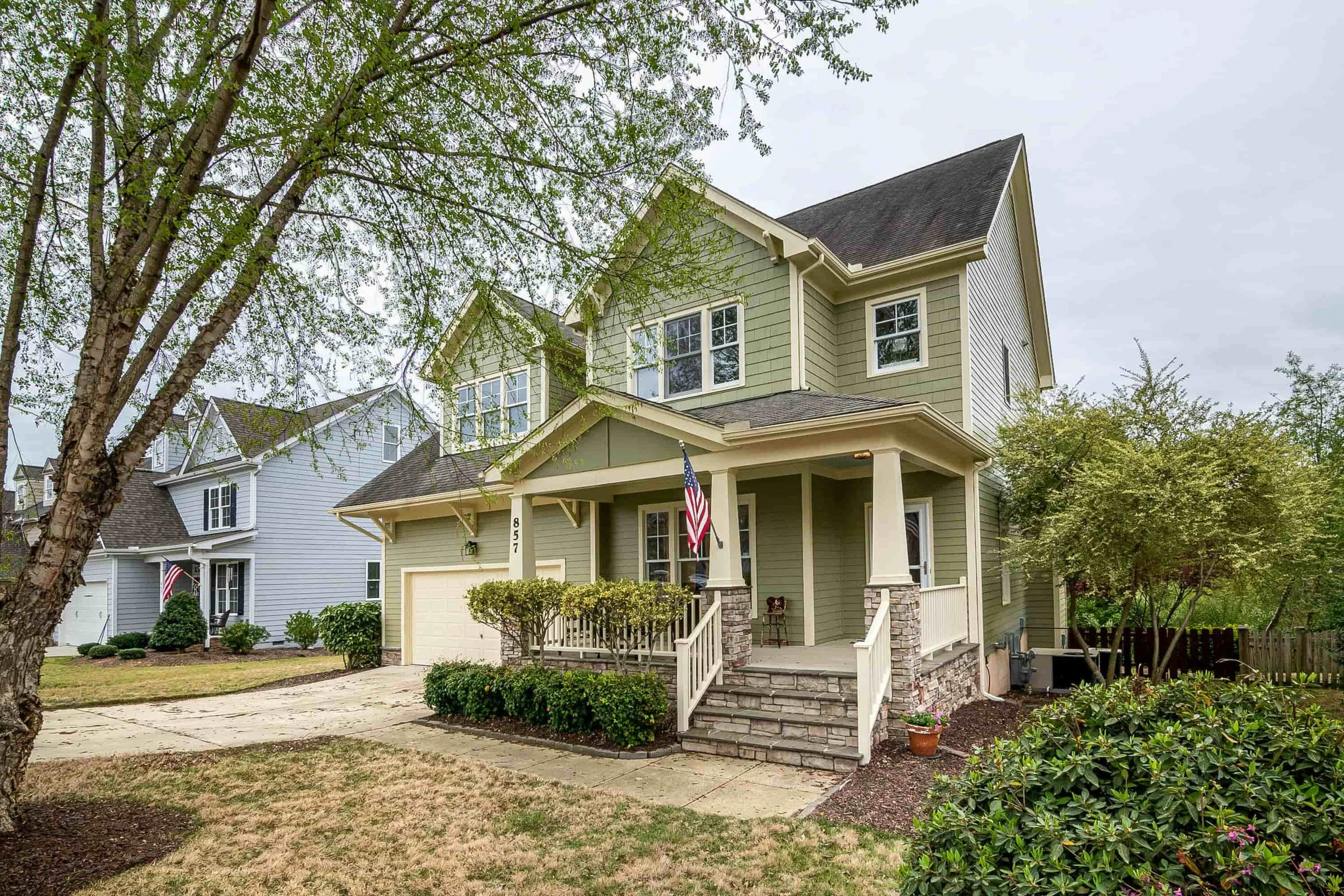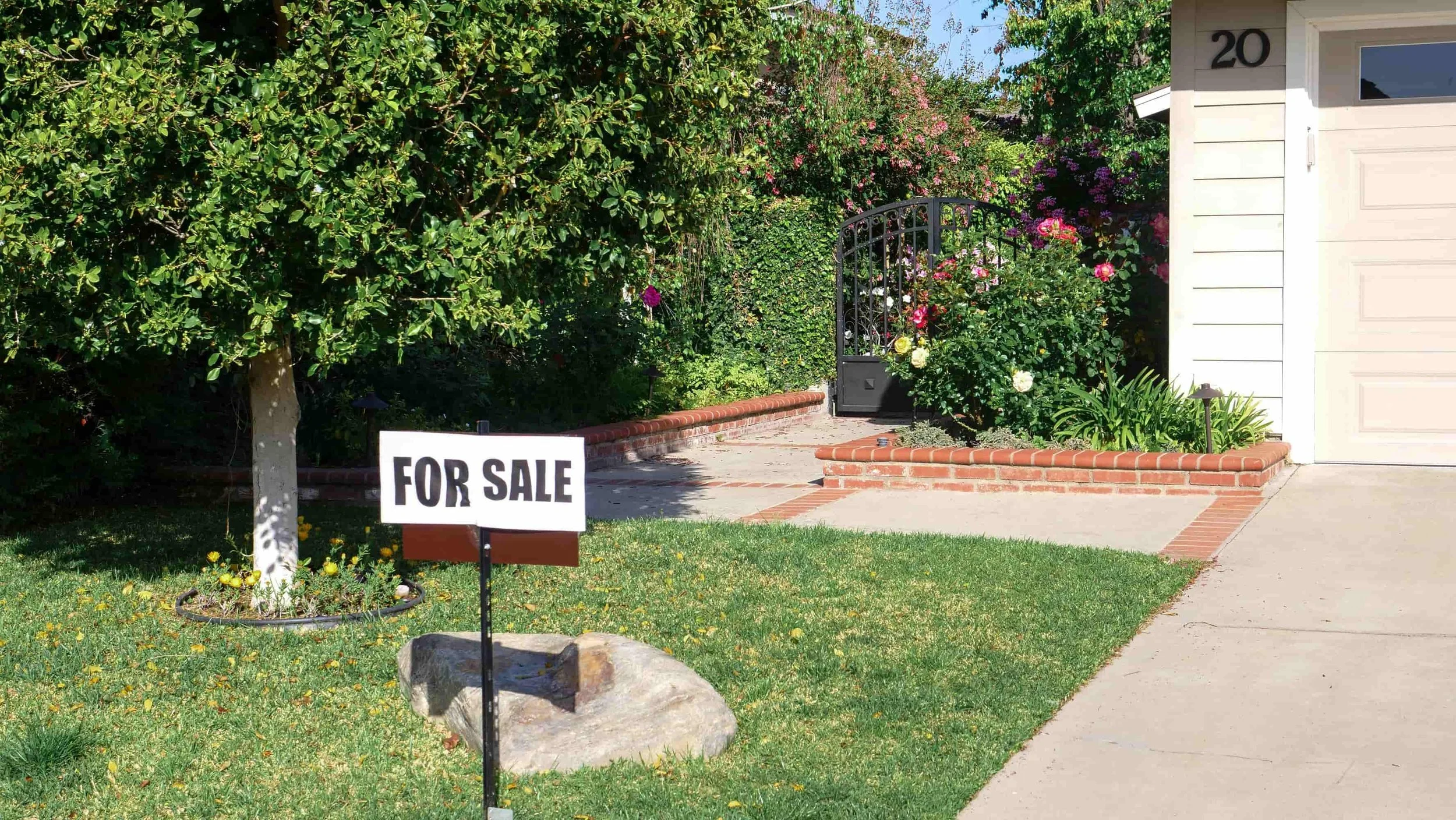Uncovering Hidden Costs of Selling a Home
Selling your home is exciting, but it’s also a huge financial move. While many sellers focus on how much they’ll make, they often forget about the not-so-obvious expenses that show up along the way. These “hidden” costs can seriously impact your final profit if you’re not prepared.
That’s why this guide exists to help you see the full picture. When you understand what to expect, you can plan smarter, feel more confident, and walk away with more money in your pocket.
Realtor Fees & Commissions
Let’s start with one of the biggest costs: realtor commissions. Most sellers will pay between 5% and 6% of the sale price, which is usually split between the buyer’s and seller’s agents. On a $400,000 home, that’s $20,000–$24,000.
These fees might seem steep, but they typically cover a wide range of services, including:
Pricing your home accurately
Professional photography
Listing your home on MLS
Marketing (online and offline)
Scheduling showings and open houses
Managing offers and counteroffers
Navigating contracts and closing paperwork
You can negotiate the commission—especially after recent changes in real estate industry standards. Some agents offer flexible options or flat-fee services. Just make sure you understand exactly what’s included.
Closing Costs: More Than You Think
While buyers usually pay most of the closing costs, sellers also have their share. Depending on your location, closing costs for sellers typically range between 1% and 3% of the home’s sale price.
Here’s what those costs may include:
Title insurance: Protects against legal claims related to ownership.
Transfer taxes: Paid to local or state governments when the title changes hands.
Attorney fees: Especially common in states where lawyers are required to handle real estate transactions.
Escrow fees: Fees for third-party companies managing funds and paperwork.
Home warranty: Often offered as an incentive to buyers.
Prorated property taxes: You’ll likely owe taxes up until the closing date.
These fees add up fast, so ask your agent or attorney to provide a seller’s net sheet, which gives a detailed estimate of your final profit after all deductions.
Pre-Sale Repairs & Improvements
If you want to sell your home quickly and for top dollar, you’ll probably need to invest in a few updates. Most buyers want a home that feels fresh, clean, and move-in ready.
Common pre-sale expenses include:
Fixing leaks or plumbing issues
Repairing drywall, scuffed baseboards, or flooring
Replacing old light fixtures
Repainting walls in neutral colors
Landscaping and exterior cleanup
Deep cleaning carpets or tile
You don’t need a full remodel, but small updates can make a big difference. If your kitchen or bathroom is outdated, consider replacing hardware, adding a fresh coat of paint, or updating lighting. These improvements often pay off by making your home stand out.
Professional Staging & Photography
First impressions matter. Homes that are professionally staged and photographed typically sell faster and for higher prices.
Professional staging costs around $1,500 on average, but it can vary depending on your home’s size and layout. The goal is to help buyers picture themselves living there—something an empty or cluttered space can’t do as well.
Professional listing photos and video tours are also worth every penny. Expect to spend $150–$500 for high-quality visuals, and more if you want a virtual tour or drone footage.
Inspections, Certifications & Local Regulations
Buyers will likely order a home inspection—but getting a pre-listing inspection can help you get ahead of issues and avoid surprises later. These typically cost $300–$500 and can uncover problems you didn’t even know existed.
Some areas may also require:
Certificate of occupancy
Energy-efficiency audits
Flood zone certifications
You may also need to upgrade smoke detectors, CO alarms, or complete a septic inspection before selling.
Buyer Concessions & Incentives
Sometimes, to get the deal done, you’ll have to offer the buyer a few extras. These are often requested during negotiations or after the home inspection.
Examples include:
Paying part of the buyer’s closing costs
Providing a home warranty
Offering repair credits or completing requested fixes
Covering HOA transfer fees
While these aren’t mandatory, being flexible with concessions can help you close faster—especially in a buyer’s market.
Holding Costs While Listed
Your expenses don’t stop once your home hits the market. If it takes a few months to sell, you’ll continue paying:
Utilities: Keep the lights, water, and AC/heating running for showings.
HOA fees: Make sure dues are up to date.
Property taxes: These are typically prorated at closing, but you still need to budget for them.
If the home sits empty, you may also want to pay for vacant home insurance, which can be more expensive than standard homeowner’s insurance.
Moving Expenses & Temporary Housing
Moving costs are often overlooked, but they can quickly add up.
Here’s what you might need to cover:
Professional movers (average $1,250 for local moves, more for long-distance)
Packing supplies or services
Short-term storage for furniture or boxes
Temporary housing if your next home isn’t ready
If you’re downsizing or relocating, give yourself plenty of time to compare moving quotes and avoid last-minute premiums.
Marketing Costs If You Go FSBO
Thinking of selling your home yourself? Going For Sale By Owner (FSBO) can save you on realtor fees—but it also means you’re responsible for marketing, paperwork, negotiations, and legal compliance.
Even FSBO sellers usually pay for:
MLS listing fees
Photography and video
Flyers, signage, and open-house materials
Online ads and boosted social media posts
Legal help to draft or review contracts
If you're taking the DIY route, make sure you understand your state’s disclosure laws and legal requirements.
Tax Considerations
Selling your home can have tax implications. If your home has appreciated significantly in value, you may be subject to capital gains tax—but many homeowners qualify for a generous exemption:
$250,000 exclusion if you’re single
$500,000 if you’re married and filing jointly
To qualify, you must have owned and lived in the home for at least 2 out of the last 5 years. You can also deduct certain selling costs from your profit, such as:
Realtor commissions
Marketing and staging costs
Legal fees
Title and escrow fees
Helpful link: IRS Topic 701 – Sale of Your Home
Always check with a tax advisor to make sure you’re taking full advantage of the available exemptions and deductions.
How to Prepare & Stay Ahead of the Curve
To avoid last-minute surprises, take these proactive steps:
Get a pre-sale home inspection to spot issues early
Create a repair/update checklist and set a realistic budget
Talk to your agent about closing costs and buyer expectations
Consult a tax professional before accepting an offer
Shop for moving services and temporary storage early
These steps help reduce stress, improve negotiation power, and set you up for success.
Selling your home isn’t just about planting a “For Sale” sign in the yard. There’s a lot that goes on behind the scenes, and every overlooked detail can chip away at your bottom line.
But with smart planning and a clear understanding of the costs involved, you’ll feel more in control—and more likely to get the return you deserve.





